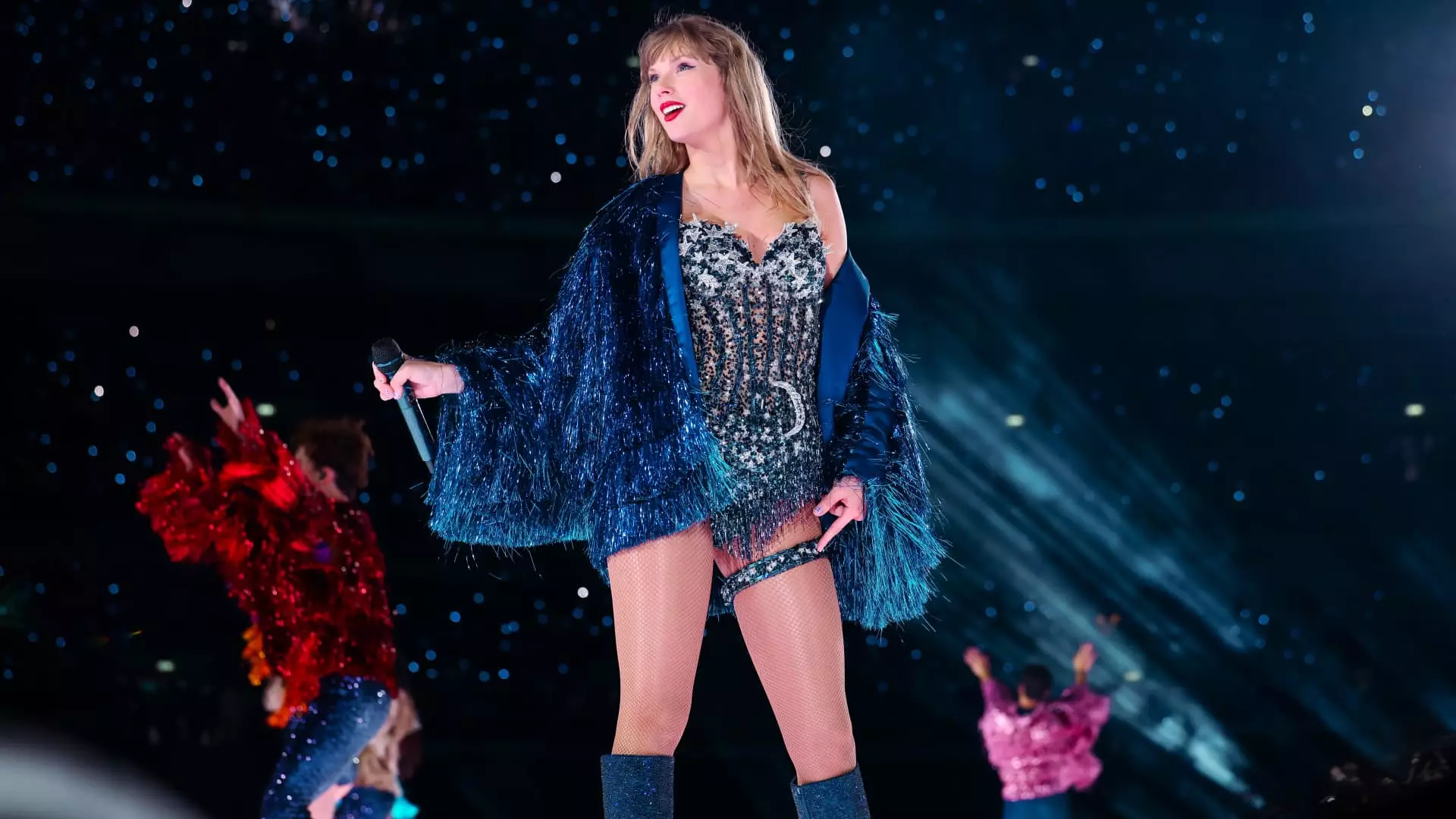In an unexpected turn of events, the world of politics collided with pop culture as former President Donald Trump publicly criticized music icon Taylor Swift. This dramatic exchange erupted just days after Swift came out in support of Vice President Kamala Harris ahead of the approaching presidential election. Trump’s reaction, marked by an all-caps declaration of disdain on his social media platform Truth Social, embodies a broader narrative where celebrity influence meets political discourse.
Taylor Swift is no stranger to using her platform for social and political engagement. Following a significant debate between presidential candidates, she took to Instagram to commend Harris’s leadership qualities. Swift articulated her belief in the importance of a calm, collected governance style, contrasting it with the perceived chaos associated with Trump’s presidency. Her social media activity drew a sharp jab from Trump but also sparked a notable public conversation about the impact of celebrity endorsements.
Swift’s choice of words—particularly her self-description as a “childless cat lady”—was a direct response to derogatory comments made by Republican running mate JD Vance about women in politics. This brave stance didn’t just exhibit her personal values but also her willingness to confront political rhetoric head-on.
The controversy surrounding Swift’s endorsement raises questions about the influence of celebrities on political outcomes. Although figures like Swift possess extensive reach and popularity, the actual effect of their endorsements on voter behavior remains uncertain. After Swift’s post, there was a noticeable uptick in traffic to Vote.gov, with over 300,000 visitors seeking voting information. This spike illustrates that while celebrity influence can drive engagement, it is the substantive policies and candidates that ultimately sway voters at the polls.
Amid the backlash from Trump, the Harris-Walz campaign capitalized on Swift’s endorsement by crafting a response steeped in musical references. Their statement sought to frame Trump’s critiques as desperate attempts to maintain relevance in a political landscape that is moving on from his era of chaos. Phrases like “leave behind the blank space of Trump’s broken promises” cleverly intertwine Swift’s lyrical themes with political messaging, emphasizing the campaign’s appeal to younger voters that admire the singer.
This unprecedented verbal clash highlights the ever-evolving nature of political communication and the role of cultural figures in shaping public opinion. As we navigate this new era of political engagement, it is imperative to analyze not just the outcomes of celebrity endorsements but also the discourse they generate. The dialogue between Trump and Swift illustrates a confluence of politics and pop culture that is reshaping our understanding of influence. While predicting the fallout from this feud is difficult, one thing is clear: the intersection of entertainment and politics will continue to intrigue and captivate audiences as the 2024 election draws near.


Leave a Reply